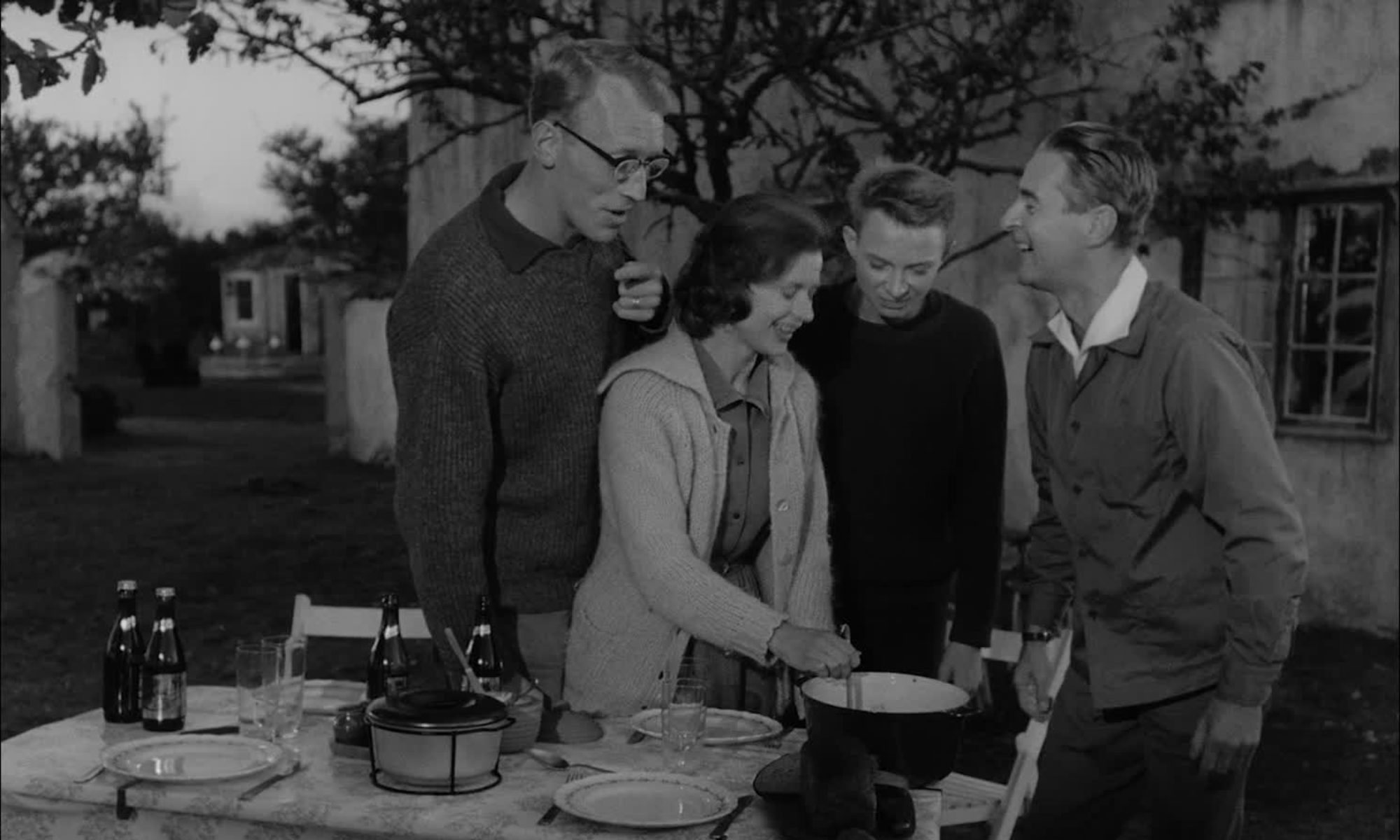Here are the notes on our 4th February 2019 meeting, during which we discussed Thaler’s views on libertarian paternalism.
Optional Materials
We’ll look at two video series, both from ARTE. In the first series, Earn a Living, the videos are each around ten minutes (x6 ~= 1 hour). We’ll also look at the first part of ARTE’s series on anarchism (52 minutes).
- Earn a Living. Six videos. ARTE, 2018.
- Ramonet, Tancrède. No Gods, No Masters: A History of Anarchism. “Part 1: The Passion for Destruction (1840–1906)”. YouTube. ARTE, 2016.
